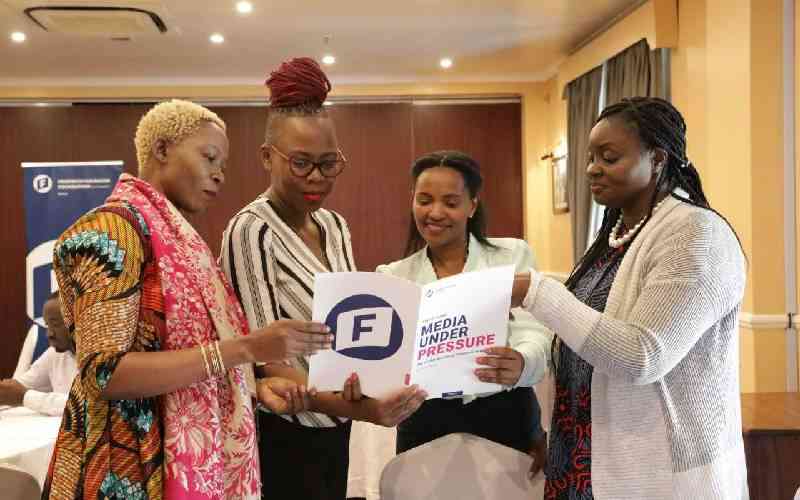×
The Standard e-Paper
Fearless, Trusted News

As the world commemorates the International Day to End Impunity for Crimes Against Journalists today, a worrying pattern of events further shrinking media space is taking place in Kenya.
In an ironic twist, the more Kenyan democracy is growing in age the more its quality is degrading, and consequently the bolder the drawbacks on media freedom, independence and safety of journalists.